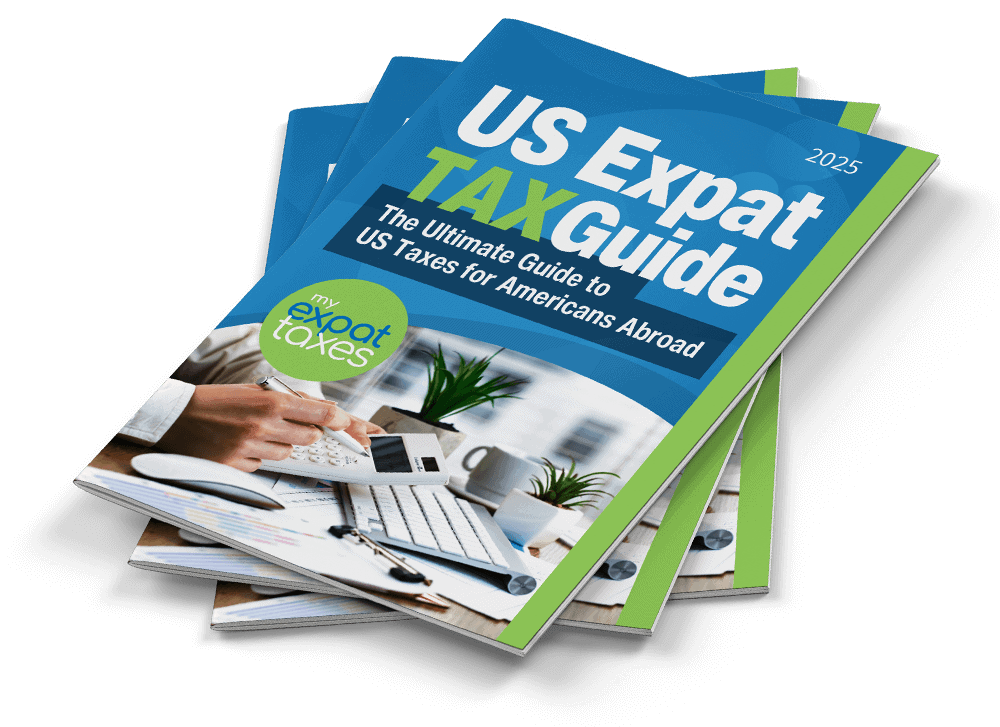Tax Planning for Expats Returning Home
Relocating abroad as a U.S. resident—or choosing to return home after living overseas—introduces numerous complex tax considerations. Effective tax planning is essential to minimize liabilities and maximize financial benefits during the transition. Timing plays a critical role in determining how your income, assets, and investments get taxed. Whether you are selling assets, withdrawing earnings, or repatriating funds, each decision before or after your move can dramatically affect your overall tax bill.
With globalization and increasing numbers of Americans living abroad, understanding the nuances of U.S. tax law in the context of expatriation and repatriation is more important than ever. This article explores the detailed strategies for tax planning geared toward expats returning to the U.S., focusing on asset sales, tax treaty benefits, reporting requirements, and the critical importance of planning your exit before booking your flight.
Understanding the Basics of U.S. Taxation for Expats
The United States is one of the few countries in the world that taxes its citizens and residents on their worldwide income regardless of where they live. Therefore, U.S. expats must file annual tax returns reporting all global income, credits, and deductions, even if they reside outside the U.S.
However, expats benefit from special provisions such as the Foreign Earned Income Exclusion (FEIE), Foreign Tax Credit (FTC), and other incentives designed to alleviate double taxation. Despite these benefits, the rules around asset sales, especially involving foreign property, investment accounts, and deferred compensation plans, can be complex and heavily influenced by the timing of transactions relative to a move.
The Significance of Timing in Asset Sales
One of the key points to understand when planning a move abroad or returning is how the timing of asset sales impacts tax exposure. Selling an asset before you leave the U.S. versus after you’ve established residency in another country—or conversely, before you return home—can change your tax exposure distinctly.
For instance, gains realized before departure might be subject to different federal and state taxes compared to gains realized after establishing foreign residency. If you delay the sale of assets until after returning to the U.S., you may face capital gains taxes based on U.S. tax rules. Alternatively, selling assets in a foreign jurisdiction can trigger differing local tax implications, which might or might not be creditable on your U.S. return.
Planning these transactions strategically—in coordination with the timing of your move—can save tens of thousands of dollars or even more in taxes. Ensuring that such transactions are properly documented and reported is crucial to avoid audits or penalties.
Tax Planning Before Leaving the U.S.
When preparing to expatriate from the U.S., a comprehensive tax planning process should begin well in advance of your departure date. Key preparatory steps include:
- Reviewing your current income sources and assets to identify which items could be sold or transferred to optimize tax outcomes.
- Analyzing capital gains, dividend income, and potential passive income streams that might be subject to U.S. taxation.
- Determining eligibility for the Foreign Earned Income Exclusion and Foreign Tax Credits, and preparing the requisite paperwork.
- Considering state residency rules, since some states continue to tax you even if you live abroad, while others relinquish tax claims upon documented relocation.
These steps ensure that you strategically time asset sales and realize income in ways that minimize tax liabilities while complying with all applicable rules.
Navigating Reporting Requirements and Compliance
Expats must also contend with expanded reporting obligations, including the Foreign Bank Account Report (FBAR) for foreign financial accounts exceeding $10,000 at any point during the year, and FATCA (Foreign Account Tax Compliance Act) disclosures on Form 8938.
Failure to comply with these reporting requirements can result in heavy penalties and even criminal prosecution in extreme cases. Proper tax planning involves ensuring that all foreign holdings and income sources are properly reported. This includes careful documentation of the timing of sales and transfers related to your move abroad or return.
Tax Planning Strategies for Expats Returning to the U.S.
For expatriates planning to return to the United States, the transition also requires specific tax strategies tailored to repatriation:
- Review and plan the timing of asset sales and income recognition to coincide with your repatriation date.
- Evaluate any foreign pensions, retirement plans, or deferred compensation distributions and understand their tax treatment upon returning.
- Understand potential exposure to the expatriation tax (also known as the "exit tax") if you had previously renounced your citizenship or long-term residency.
- Coordinate with tax professionals to align your federal, state, and foreign tax reporting.
Returning expats should approach repatriation not only as a personal transition but as an intricate financial event with comprehensive tax implications requiring foresight and expert guidance.
Importance of Professional Legal and Tax Assistance
Given the complexity of U.S. tax laws and international tax treaties, working with skilled tax professionals who specialize in expat taxation is invaluable. Legal advice ensures that your asset sales, investment changes, and income reporting comply with all applicable laws and that you leverage every opportunity to minimize tax liabilities.
Whether you are leaving the U.S., living abroad, or returning home, consulting with qualified advisors before taking any significant financial or tax-related actions is highly recommended. Such preparation can protect you from costly mistakes and reduce stress during your transitional period.
Case Scenarios Highlighting the Impact of Timing
Consider the following examples to illustrate how timing affects tax outcomes for expatriates:
- An expat sells a stock portfolio before moving abroad and pays U.S. capital gains tax at the standard rate. If the sale happened after establishing foreign residency, tax treaty benefits or local tax credits could alter the tax burden.
- Returning with foreign real estate may trigger capital gains tax in both the foreign country and upon repatriation, but foreign tax credits might offset much of this liability if planned properly.
- Delay in reporting foreign financial assets can lead to expensive FBAR penalties, emphasizing the necessity of early and accurate disclosure.
Key Takeaways for Effective Tax Planning
- Start planning early—tax planning should begin months before your move abroad or before returning to the U.S.
- Keep meticulous records of all transactions, dates, and financial accounts connected to your expatriation or repatriation.
- Understand the tax laws applicable in both the U.S. and your host country to leverage treaty benefits and avoid double taxation.
- Consult with tax attorneys and CPAs experienced with expat and repatriation taxation.
By adhering to these practices, expats can effectively manage their tax burdens and secure a stable financial future both abroad and upon return.
How Юридичний Маркетплейс КОНСУЛЬТАНТ Can Assist You
At Юридичний Маркетплейс КОНСУЛЬТАНТ, we specialize in providing comprehensive legal and tax consulting services to U.S. expatriates and individuals repatriating to the United States. Our expert team includes legal advisors, tax consultants, and financial auditors who are adept at navigating the complexities involved in cross-border taxation.
From strategic planning for asset sales and investment restructuring to compliance with FBAR and FATCA requirements, we ensure our clients are fully prepared for every stage of their international move. Early engagement with our experts significantly enhances the ability to minimize tax liabilities and optimize your financial outcomes.
If you require proper legal help tailored to your specific situation, do not hesitate to reach out to us through the communications link provided in the bio or send us a private message. Our dedicated team is ready to assist you in planning your exit effectively before booking your flight.
Юридичний Маркетплейс КОНСУЛЬТАНТ is a legal company specializing in comprehensive legal and tax services for individuals and businesses engaged in international transitions. Our team’s expertise ensures smooth navigation through complex tax laws and regulations.
Effective tax planning for U.S. expatriates returning home requires careful timing, comprehensive understanding of tax laws, and professional guidance. By strategically managing asset sales, income recognition, and compliance disclosures, expats can significantly reduce their tax burdens and avoid costly pitfalls.
Engaging specialized legal and tax advisors such as Юридичний Маркетплейс КОНСУЛЬТАНТ ensures that your repatriation process is as smooth and financially optimized as possible. Remember: plan your exit before booking your flight to safeguard your financial future effectively.































